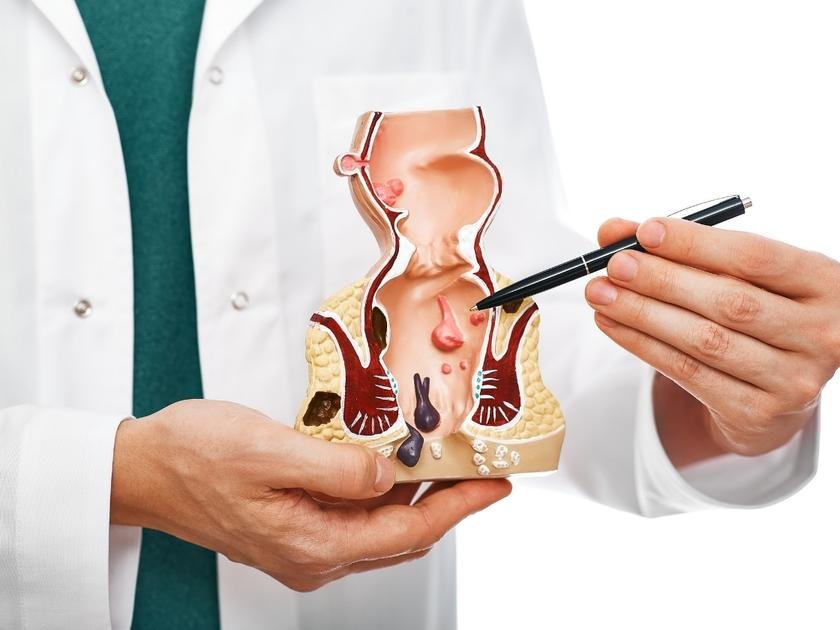Rectal prolapse
Rectal prolapse occurs when the rectum, which is the last part of the large intestine,
protrudes through the anus. There are three types of rectal prolapse:
- 1. **Mucosal Prolapse (Partial Prolapse):** Only the lining (mucosa) of the rectum
slides out of place and usually sticks out of the anus. This type of prolapse is the
most common and tends to be less severe.
- 2. **Partial Prolapse:** The rectum extends outside the body but doesn't fully come out.
- 3. **Complete Prolapse:** The entire rectum extends outside the body and can be seen or
felt. In severe cases, this can occur during bowel movements or even with simple actions
like standing up.
New Operating Suites
Risk factors for rectal prolapse include age, chronic constipation, weakening of pelvic
floor muscles, multiple childbirths, and connective tissue disorders.
Treatment options for rectal prolapse depend on the severity of the condition. In mild cases,
dietary and lifestyle changes, such as increasing fiber intake and pelvic floor exercises,
may be recommended. In more severe cases, surgical intervention may be necessary to correct
the prolapse.
It's important for individuals experiencing symptoms of rectal prolapse to seek medical
attention. A healthcare professional can assess the severity of the prolapse and recommend
an appropriate treatment plan.
for treatment consult doctor for proper examination and
best treatment available for your disease






